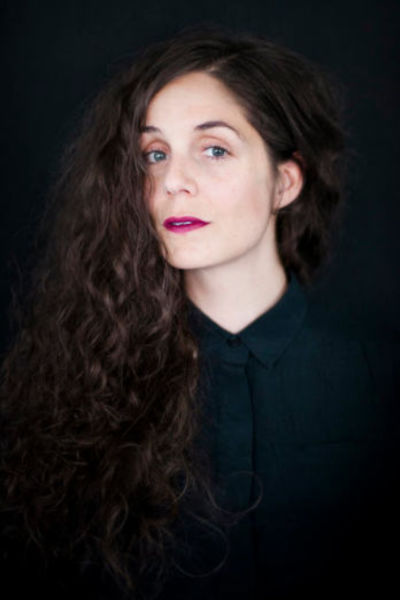Siri Ranva
Hjelm Jacobsen

»I dream of the mirror ball the Earth will become once we all meet again.«
Siri Ranva Hjelm Jacobsen (* 1980) is a Danish writer and literary critic living in Copenhagen. Her family comes from the Faroe Islands, a group of islands in the North Atlantic belonging to the Danish Realm. In her novel "Ø" (Island) (2016), she addresses her experiences with migration. In her prose poem "Havbrevene" (The Sea Letters) (2018), nature comes alive as the forces of nature become protagonists: the oceans tell the story.
»Dear M.,
You write to me about summer, Arctic did the same recently. She’s herding her cattle up there and grows anxious when they’re about to calve. ‘In the first dawn of the year, the coasts rise up as though waiting by a bus stop.’ That’s what she wrote. I don’t know what she’s on about. She’s beginning to seem a bit unstable, if you ask me. As for the seasons, I have a hard time grasping them. I follow the night with my gaze. I lie back and watch the planets drift by. The mist up there, orange and pink. Luminous algae in black water. I dream of the mirror ball the Earth will become once we all meet again. As for the creepers – I feel your grief. None of us could have predicted this acceleration. But it’s all going to plan, console yourself with that. Maybe not as we thought, but as we wanted.
A.«
In Siri Ranva Hjelm Jacobsen's eco-centric prose work "Havbrevene", the Earth itself is the subject. More precisely, the Mediterranean Sea and the Atlantic Ocean are letter-writing sisters that partake in a global conspiracy. The two characters are quite different: the cold and detached Atlantic – 180 million years old – is constantly dreaming of the rebirth of the world-spanning primeval ocean; it detests nothing more than mankind. The more delicate Mediterranean Sea, however, with its only five million years of age, still feels pity for these creatures – from the tragic crash of Ikaros to the climate refugees of our time. Putting aside their differences, the two seas work together to realize their plan of flooding the earth anew – and global warming comes in handy for them in this regard. What appears to man as a real horror becomes a utopia for Jacobsen's fantastical natural world.